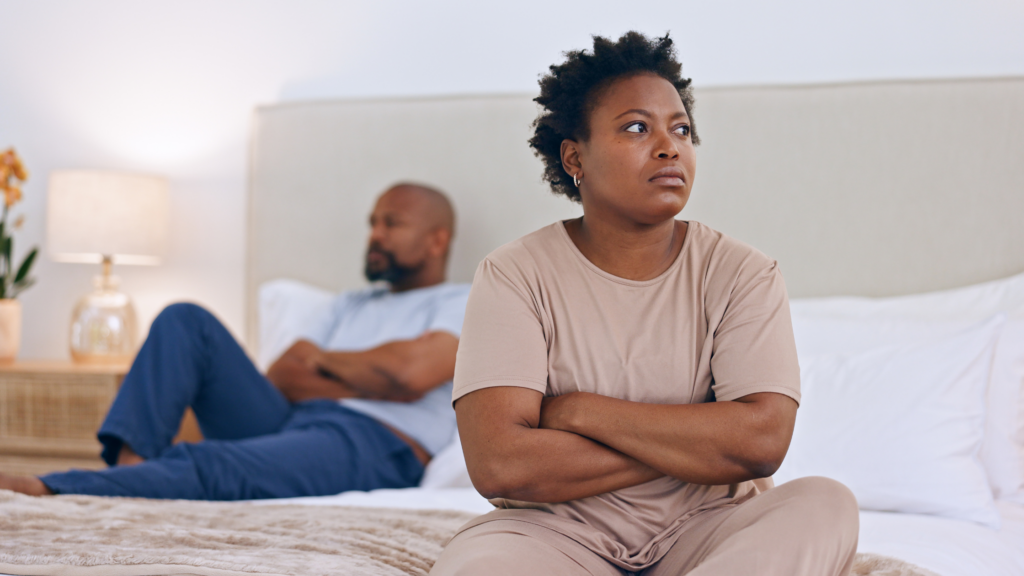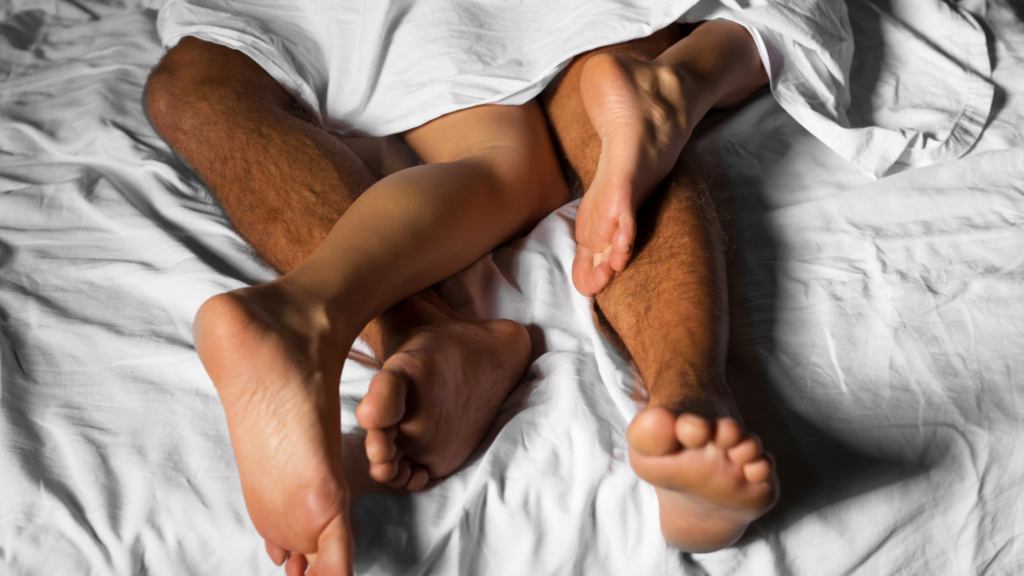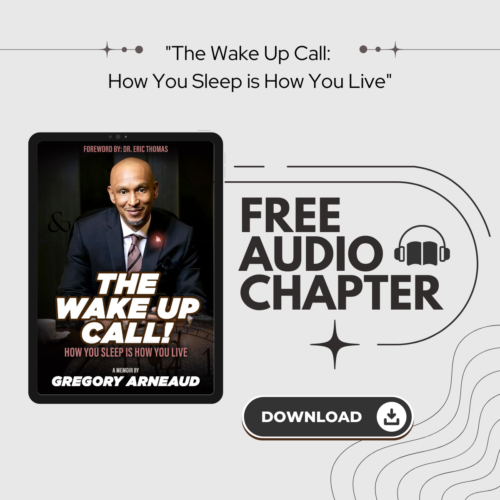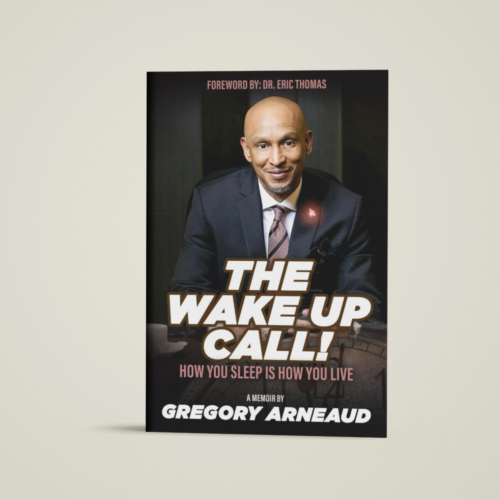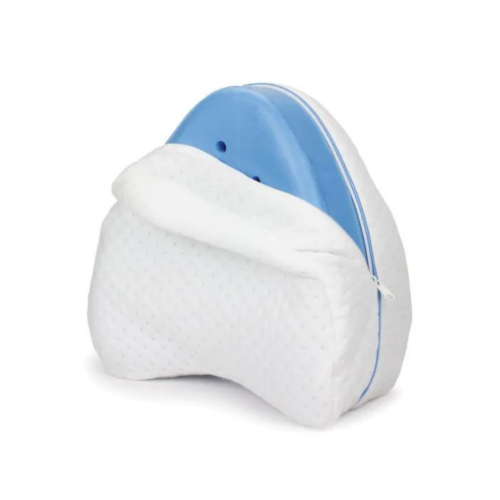While the concept of a “sleep divorce” has gained attention as a solution for couples grappling with sleep disturbances, it’s essential to recognize that many sleep issues have medical solutions. From snoring and sleep apnea to insomnia and restless leg syndrome, various disorders can disrupt sleep and strain relationships. In this article, we’ll explore how simple medical interventions can address these issues, offering couples a path to restful nights and harmonious relationships.
Identifying Common Sleep Disorders
Before delving into solutions, it’s crucial to understand the diverse array of sleep disorders that can affect individuals and couples alike. Snoring, often dismissed as a mere annoyance, can indicate underlying issues such as obstructive sleep apnea (OSA), a condition characterized by pauses in breathing during sleep. Insomnia, characterized by difficulty falling or staying asleep, can stem from stress, anxiety, or underlying health conditions. Restless leg syndrome (RLS), marked by an irresistible urge to move the legs, and periodic limb movement disorder (PLMD) can disrupt sleep patterns and lead to daytime fatigue and irritability.
Medical Solutions for Sleep Disorders
Fortunately, many sleep disorders have simple and effective medical solutions that can alleviate symptoms and improve sleep quality for both partners. For individuals with snoring and sleep apnea, continuous positive airway pressure (CPAP) therapy provides a non-invasive way to keep airways open during sleep, preventing interruptions in breathing and reducing snoring. Oral appliances, which reposition the jaw to maintain airway patency, offer a comfortable alternative for those who find CPAP cumbersome.
For individuals struggling with insomnia, cognitive-behavioral therapy for insomnia (CBT-I) offers a highly effective non-pharmacological approach. By addressing negative thought patterns and implementing behavioral strategies to promote relaxation and sleep hygiene, CBT-I helps individuals break the cycle of sleeplessness and restore healthy sleep patterns.
In the case of restless leg syndrome and periodic limb movement disorder, medications such as dopamine agonists or alpha-2 delta ligands can provide relief from symptoms and improve sleep quality. Lifestyle modifications, such as regular exercise, stress reduction techniques, and avoiding caffeine and alcohol before bedtime, can also complement medical interventions and enhance overall sleep health.
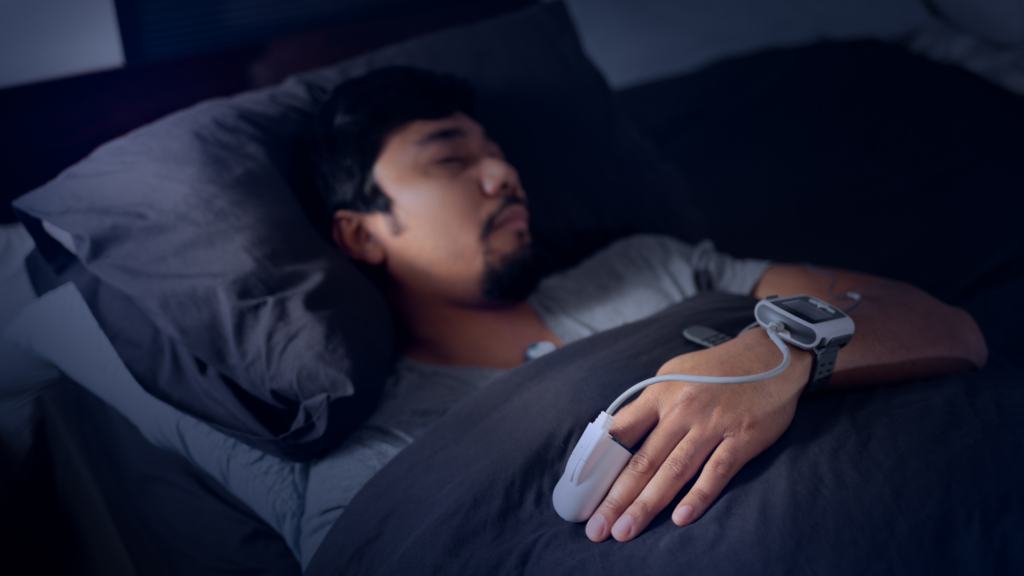
The Importance of Seeking Medical Evaluation
While lifestyle changes and behavioral strategies can be effective in managing certain sleep disorders, it’s crucial for individuals experiencing persistent or severe symptoms to seek medical evaluation. A thorough assessment by a qualified healthcare professional can help identify underlying causes of sleep disturbances and tailor treatment plans to address specific needs and preferences.
Ignoring or dismissing sleep issues can have far-reaching consequences, impacting not only individual health and well-being but also relationship dynamics and overall quality of life. By prioritizing sleep health and seeking timely medical intervention, individuals and couples can enjoy the benefits of restorative sleep and cultivate deeper connections with each other.

The Role of Support and Communication
Navigating sleep disorders within a relationship requires open communication, patience, and mutual support. Partners can work together to create a conducive sleep environment, implementing strategies to minimize disruptions and promote relaxation. From investing in comfortable bedding and soundproofing the bedroom to establishing consistent bedtime routines and practicing relaxation techniques together, there are numerous ways couples can support each other in achieving better sleep.
While the idea of a sleep divorce offers one approach to addressing sleep disturbances within a relationship, it’s important to recognize that many sleep issues have medical solutions. From snoring and sleep apnea to insomnia and restless leg syndrome, simple interventions such as CPAP therapy, oral appliances, cognitive-behavioral therapy, and medication can alleviate symptoms and improve sleep quality for both partners.
By prioritizing sleep health and seeking medical evaluation when needed, individuals and couples can overcome sleep disorders and enjoy the benefits of restorative sleep. Through open communication, mutual support, and a shared commitment to wellness, couples can navigate the complexities of sleep disturbances while strengthening their relationship bonds and fostering deeper connections with each other.
References:
American Thoracic Society www.thoracic.org/patients
American Heart Association http://www.heart.org/HEARTORG/Conditions/More/MyHeartandStrokeNews/Sleep-Apnea-and-HeartDisease- stroke_UCM_441857_Article.jsp
Harvard Healthy Sleep http://healthysleep.med.harvard.edu/railroad-sleep/problems/apnea
Sleep Foundation https://sleepfoundation.org/ask-the-expert/sleepapnea-and-heart-disease
ANC Sleep https://info.ancsleep.com/blog/why-sleep-is-so-important-for-sex


